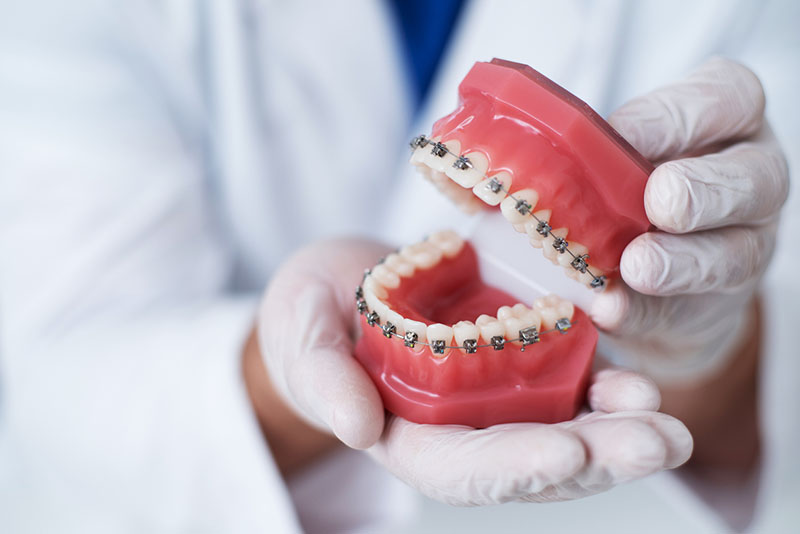Everyone has had it at least once in their lives – a pain in a tooth and the surrounding gums that throbs and drives you up the wall.
Toothache can be the result of something minor – like a popcorn kernel stuck between your teeth, or it can be caused by something more serious, like a bacterial infection or broken tooth. Toothaches usually need to be treated by a dental professional because there is probably something else going on. If your toothache doesn’t quickly resolve on its own, see a dentist and discuss your tooth pain and the various options available to you.
When is a Toothache Serious?
A minor toothache caused by irritated gums can typically be treated at home. Any more persistent and painful toothache is usually caused by mouth and dental problems. This kind of toothache will not resolve on its own and will need to be treated by a professional.

Why Do Toothaches Hurt?
The insides of your teeth are filled with blood vessels, nerves, and soft tissues. The nerves in the pulp of your teeth are some of the most sensitive nerves in your body. When the nerves inside your teeth become inflamed or overrun by bacteria, they signal that something’s wrong by causing immense pain.
What Causes Toothaches?
The most common causes of toothache are bacterial infections inside the tooth (abscesses), tooth decay, tooth fractures, and damaged fillings.
Other reasons for tooth pain are repetitive motions that strain the teeth – such as teeth grinding, clenching, gnashing (bruxism), and excessive chewing. These repetitive motions wear down the enamel on the teeth and expose the pulp. Gum infections, tooth eruption (teething), tooth extraction, and sinus infections can also cause tooth pain.
What Are the Symptoms of Toothache?
The main symptom of a toothache is throbbing, sharp, or constant tooth pain. However, some people only experience tooth pain when they apply pressure to the tooth by chewing or biting.
Other common symptoms include inflamed gums around the painful tooth, headaches, fever, an unpleasant taste in the mouth, and halitosis (bad breath).
Contact an emergency dentist immediately if your toothache is accompanied by trouble swallowing or breathing.
Can a Toothache Go Away on Its Own?
Toothaches caused by inflammation around the tooth (but not in the tooth itself) can resolve independently without professional treatment. The pain from an inflamed gum can be temporary and go away on its own in a few days. Another condition that causes toothache is sinusitis (sinus infection). Blocked sinuses can feel like pressure on the upper rear teeth.
When toothaches are caused by inflamed gums, try not to chew on the painful area and eat soft foods for a few days. For toothache caused by a sinus infection, make an appointment with your primary healthcare provider to treat the underlying sinusitis.
The Bottom Line
If your toothache is caused by something other than gum inflammation or sinusitis, home remedies will not help in the long term. Toothaches generally get progressively worse if they are left untreated.
If you have severe pain, experience swelling in your face, or have a toothache that lasts longer than two days, see your dentist as soon as possible.
Diagnosis and treatment from a professional dentist is essential because dental infections can spread to other parts of the body. A dentist will be able to relieve the pain and treat the cause of the toothache.


